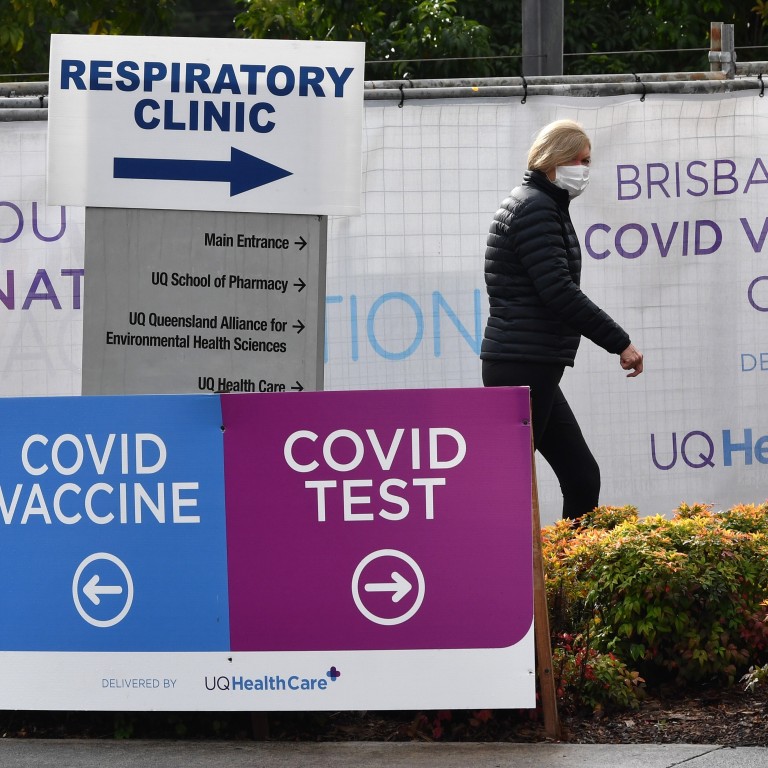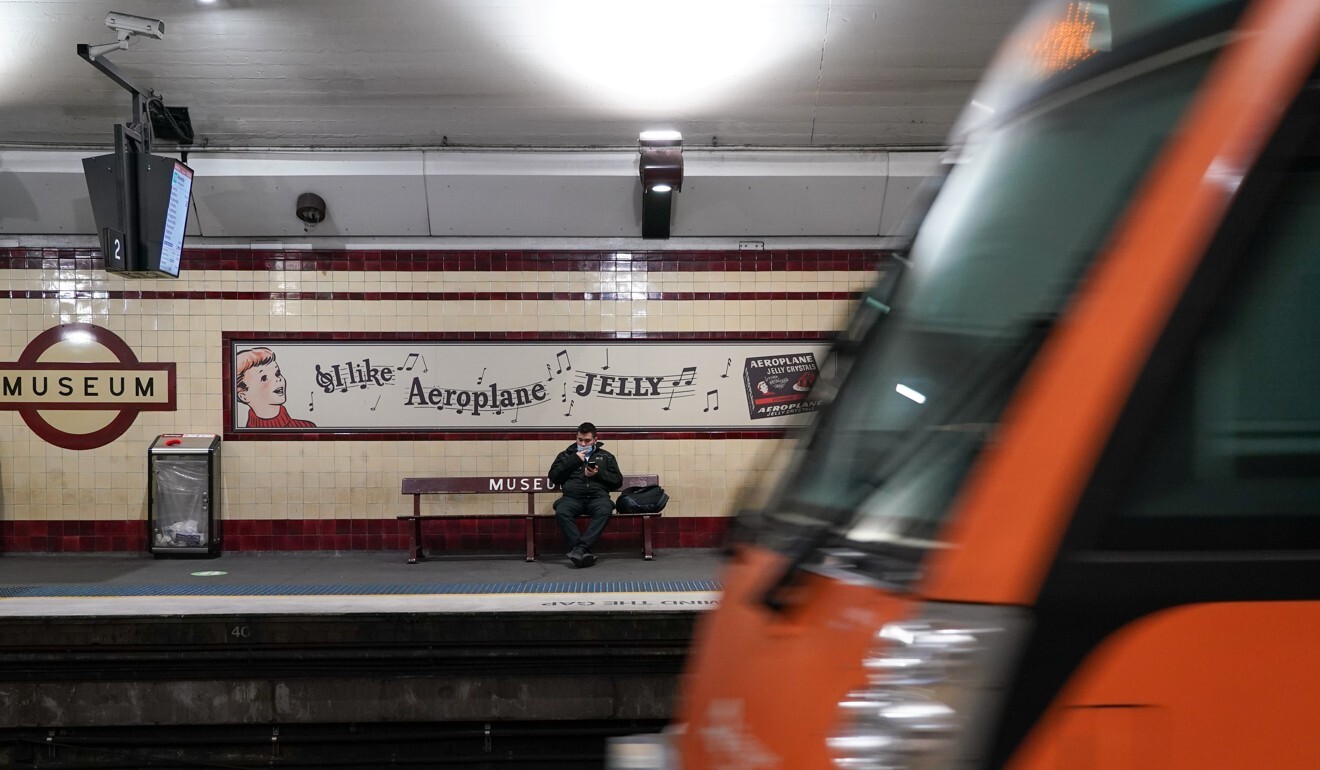
Coronavirus: Delta variant surge in Australia prompts Hong Kong expert to suggest raising its Covid-19 risk level, but government adviser says move is unnecessary
- Dr Leung Chi-chiu says moving country to high-risk category makes sense and points to similar move taken against Singapore
- But pandemic adviser notes Australia’s rules governing movement of own citizens, which stops most from leaving
A recent surge of coronavirus cases in Australia has prompted an expert in Hong Kong to suggest a tightening of the rules for arrivals from the country by raising its Covid-19 risk status.
But a government health adviser said the recommendation by Dr Leung Chi-chiu was unnecessary as Australia had already taken measures to prevent people from leaving the country.
Australia has been one of the few places that has managed to keep its coronavirus epidemic largely under control over the past few months, but the situation there has worsened with the spread of the Delta variant in the past week.
On Thursday, the country reported 48 new cases, of which 31 were locally acquired, and has confirmed around 30 to 40 infections each day this week.

At least five places in Australia, including major cities Sydney and Brisbane, have been locked down.
Leung, a respiratory medicine expert, said Hong Kong should consider moving Australia to a higher-risk category after similar action was taken against Singapore earlier.
Hong Kong moved Singapore from low-risk to high-risk on May 17, when the country had seen a gradual increase of cases in the previous week, from about a dozen infections per day to more than 50 at its peak.
At the time, both Singapore and Australia were hit by the spread of the more infectious coronavirus variants.
“The caseload [in Australia] seems to be even more than that in Singapore,” Leung said. “If Singapore is in Group B too, we might also need to place [Australia] in Group B. This would be a more balanced way of handling.
“If variant cases are imported to Hong Kong, slip to the community and spread further … it would be difficult to contain the situation.”
Fears of Delta variant breakout ease after 2 Covid-19 cases linked
Under the city’s current policy, Australia and New Zealand are considered “low-risk” places, and fully vaccinated travellers from both countries can have their quarantine period reduced to seven days without the need to present a positive antibody test result.
In comparison, people coming in from “high-risk” countries need to present a negative Covid-19 test result before boarding a flight to Hong Kong, and must be quarantined for 21 days if unvaccinated, or 14 days if they have had both jabs.
But Professor David Hui Shu-cheong, a government pandemic adviser, said it was unnecessary to change Australia’s risk category, as it had already banned residents from leaving except for specific reasons.
“Australia has locked down its residents already … so [the risks from Australia to Hong Kong] would not be a big problem,” Hui said.

07:07
The global spread of the highly contagious Delta variant of Covid-19
According to the Australian government, its citizens or permanent residents cannot leave the country unless an exemption is granted for reasons such as needing urgent medical treatment which is not available in the country, for making business trips, or on compelling or compassionate grounds.
Since the start of the pandemic last year, Hong Kong so far has recorded 10 imported cases with a travel history to Australia, compared to 519 such cases having been to Britain.
The number of arrivals from Australia ranged from 15 in January to 28 in May, according to the Hong Kong Tourism Board.

